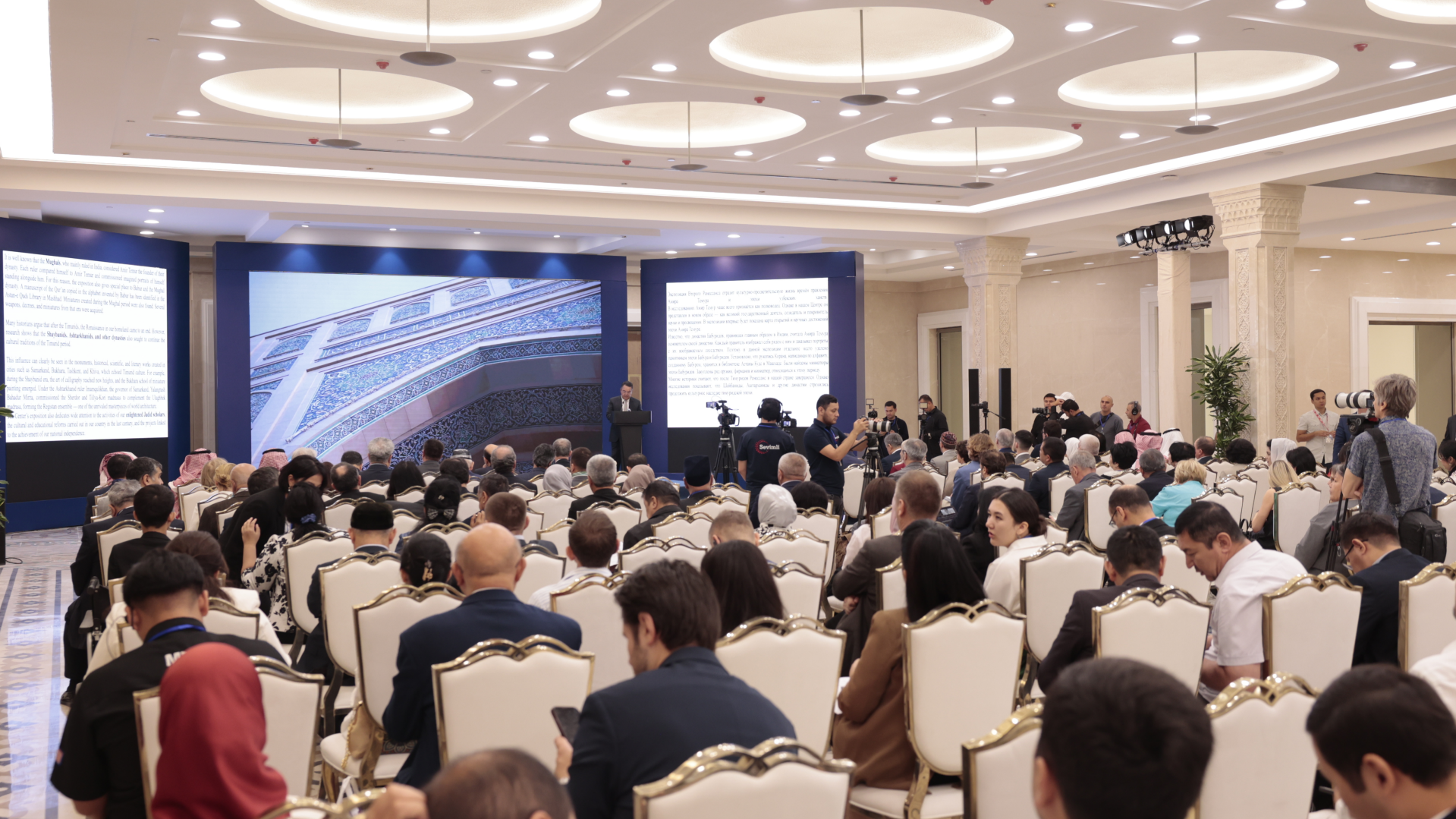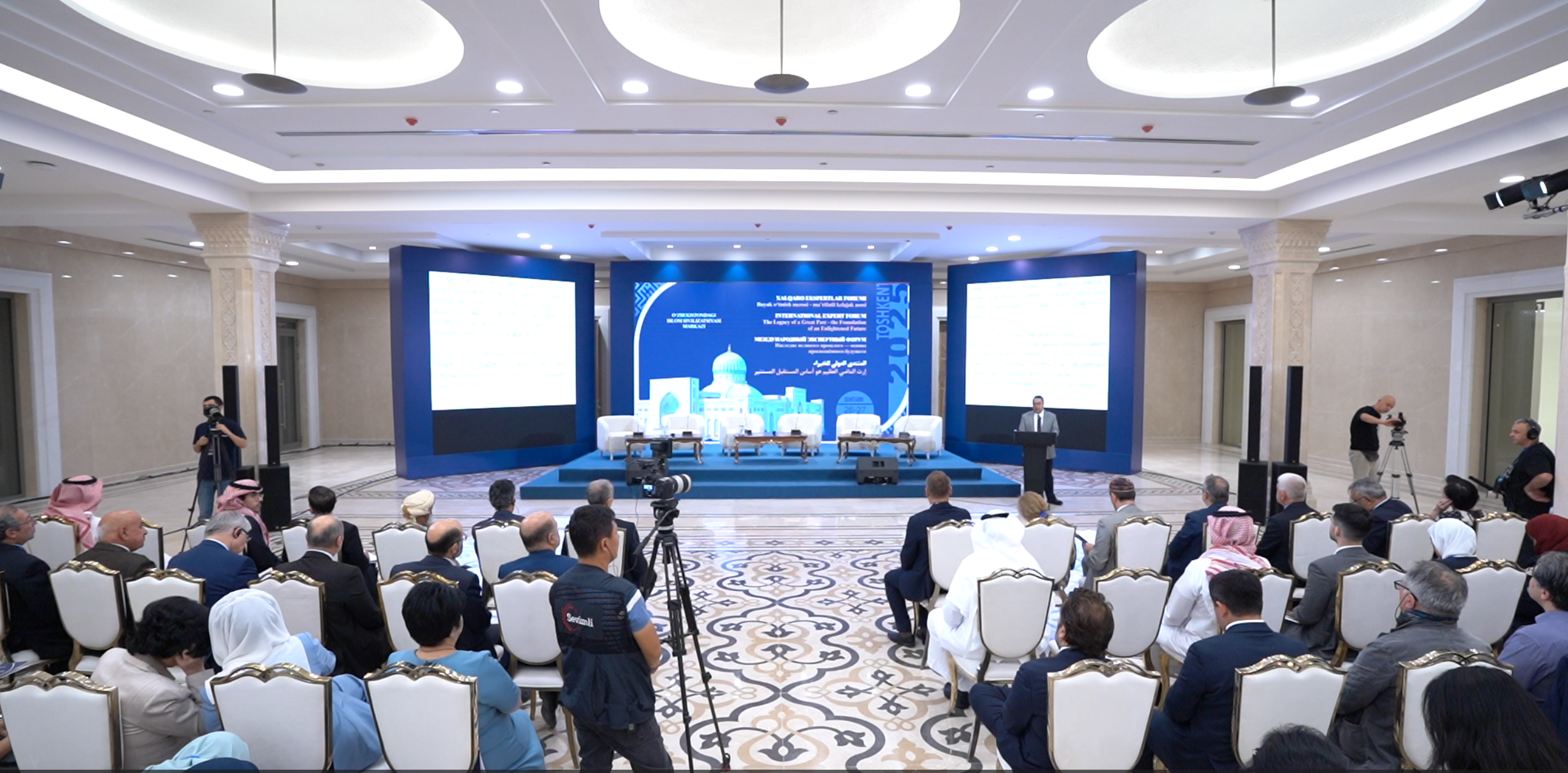A mind beyond its time: The phenomenon of Ali Qushchi

In history, there are figures whose scientific legacy does not remain confined to a specific time or place it serves the overall progress of human thought. Ali ibn Muhammad Qushchi belongs to this group of thinkers. His discoveries, theoretical analyses, and practical methodologies in astronomy and mathematics elevated science to a new level in his era, and today his scholarly heritage is recognized as worthy of study from the perspectives of history, source studies, and international scientific relations.
Born in Samarkand, shaped in Ulugh Beg’s school, and fully manifesting his scientific potential in Istanbul, Ali Qushchi became a vital bridge connecting Eastern and Western science through his works, translations, and teaching activities. His scholarly contributions continue to influence the modern global scientific system.
Scientific heritage: from theory to practice
One of Ali Qushchi’s greatest achievements in science was his ability to direct theoretical knowledge towards practical applications on a wide scale. He wrote nearly 30 works in the fields of astronomy, arithmetic, geometry, algebra, and trigonometry. These works became sources not only for a single school or state, but for the entire Islamic world and later for prominent European scientists.
“Risala al-Muhammadiyya fi-l-Hisab”
One of his most famous mathematical works, this treatise covers arithmetic calculations, geometric concepts, positive and negative numbers, sexagesimal and decimal systems, and fundamental problems in algebra and trigonometry. Notably, Ali Qushchi was the first to introduce the terms “positive” and “negative” numbers in their modern sense. These terms have retained exactly the same meaning to this day.
“Risala-i Qusur” (Treatise on Fractions)
In this work, he presented methods for extracting square roots using decimal fractions, particularly dealing with irrational numbers. For its time, this treatise was an advanced approach in both scientific and practical computation.
Commentary and translation of Ulugh Beg’s “Zij”
Ali Qushchi wrote a commentary on Ulugh Beg’s “Zij” a compilation of astronomical tables and observations. In doing so, he continued the work of Jamshid al-Kashi and Qadi Zada al-Rumi, and later translated this scientific heritage into Turkish in Istanbul, widely disseminating it. The work reached Europe and became an inspiration for many astronomers.
Impact on international science: a bridge from East to Europe
If we view the history of science as a continuous developmental process, Ali Qushchi stands out as one of the key figures playing a leading role in it. He expanded the boundaries of science not in geographic, cultural, or political terms, but in thought and method.
Through his works, particularly his commentaries on Ulugh Beg’s “Zij”, interest in and methodological approaches to astronomy took shape not only in the madrasas of the Ottoman Empire but also in European scientific schools. In the 16th century, the discoveries of Copernicus and subsequent Western European astronomers distinctly reflect the influence of Eastern sources, especially the Samarkand scientific school. This process cannot be fully understood without acknowledging Ali Qushchi’s translations and scientific annotations.
Furthermore, Ali Qushchi actively participated in shaping science policy in the Ottoman Empire. Through the Hagia Sophia madrasa system, he taught students from various lands and revitalized Istanbul’s scientific environment with his modern knowledge and engineering solutions. Today, he is still recognized as one of the founding fathers of the Ottoman mathematical tradition.
Ali Qushchi advanced science not only through his own works but also through his students. The specialists he trained later laid the foundation for many regional scientific schools. His influence also contributed to the development of modern scientific thought and methodology.
Ali Qushchi is not merely a name in the pages of history he represents an entire scientific school, a system of thought, and a spiritual tradition. Through his research, translations, and educational activities, he served the progress of science for several centuries. It was thanks to him that Ulugh Beg’s heritage reached Europe, mathematical terms became firmly embedded in science, and a tradition of harmonizing reason with faith was established.
Therefore, Ali Qushchi’s legacy is not only a matter of historical pride but also an intellectual and moral guiding star for present and future generations. Following in his footsteps means being able to see the meaning behind numbers and elevating society, humanity, and life through knowledge.
Thus, the name of Ali Qushchi is associated not only with the great scientific schools of the past but continues to hold great significance today as an intellectual heritage. His activities, works, and life devoted to science are a source of inspiration not only for historians and scholars of sources but for anyone eager for knowledge.
Today, Uzbekistan is carrying out extensive reforms to revive the traditions of Islamic science and integrate them into the global scientific environment. In particular, the Center of Islamic Civilization in Uzbekistan, established on the initiative of the President, serves as an important platform not only for studying historical monuments but also for researching and presenting the heritage of great Islamic scholars like Ali Qushchi in a modern format.
Most read

Over 100 experts from more than 20 countries of the world are in Tashkent!

President of Serbia Aleksandar Vučić visited the Islamic Civilization Center in Uzbekistan

The Center for Islamic Civilization – a global platform leading towards enlightenment











